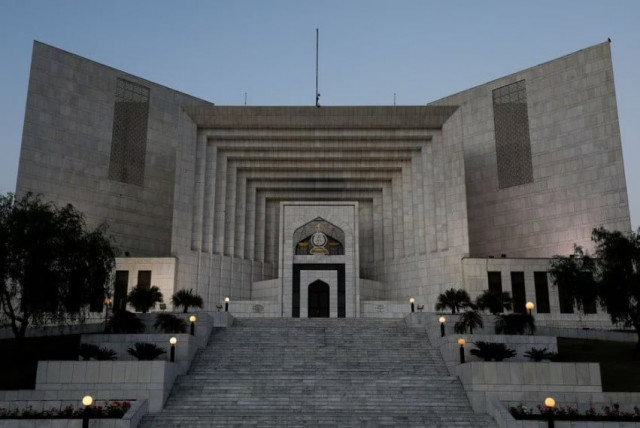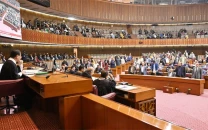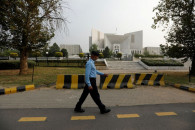SC rules against involuntary DNA test in civil cases
Says it is contrary to personal freedom, private life

The Supreme Court on Tuesday ruled against conducting DNA tests without consent in civil cases, describing involuntary test contrary to personal freedom and private life as enshrined in the articles 9 and 14 of the Constitution.
Through a seven-page judgment authored by Justice Mansoor Ali Shah, the top court struck down the order of the Lahore High Court (LHC) on the appeal against a lower court’s verdict.
The court said that the persons whose DNA was ordered were not party to the case. The case stemmed from a property dispute case.
The LHC had ordered the DNA test of Taj Din, Zubaida Bibi and Muhammad Nawaz.
However, while annulling the LHC order, the apex court upheld the trial court’s order.
Also read: Use modern methods for DNA tests, says SHC
The judgment said that involuntary DNA tests in civil cases were against personal freedom and private life. “Articles 9 and 14 of the Constitution guarantee the protection of personal freedom and private life,” it added.
The judgment stated that conducting a DNA test without consent was interference in the private life and violation of fundamental right. The judgment stressed that DNA tests were allowed but not in civil cases.
The apex court judgement stated that according to the Shahada (evidence) law, the paternity of a child born during marriage could not be doubted.


1680945734-0/ipiccy_image-(70)1680945734-0-100x90.webp)

























COMMENTS (1)
Comments are moderated and generally will be posted if they are on-topic and not abusive.
For more information, please see our Comments FAQ